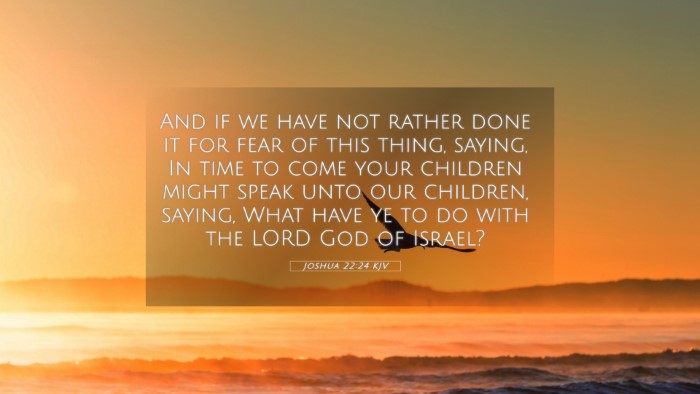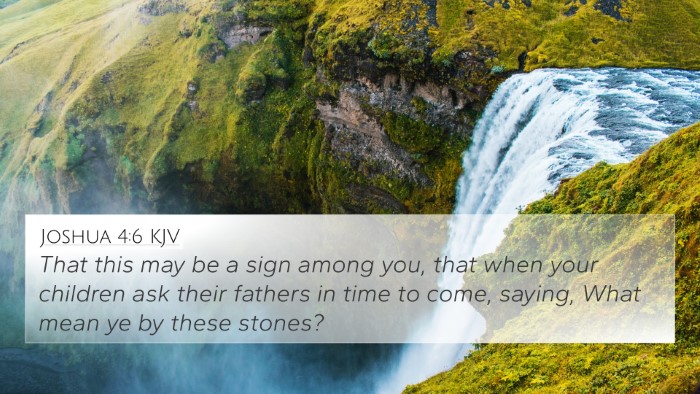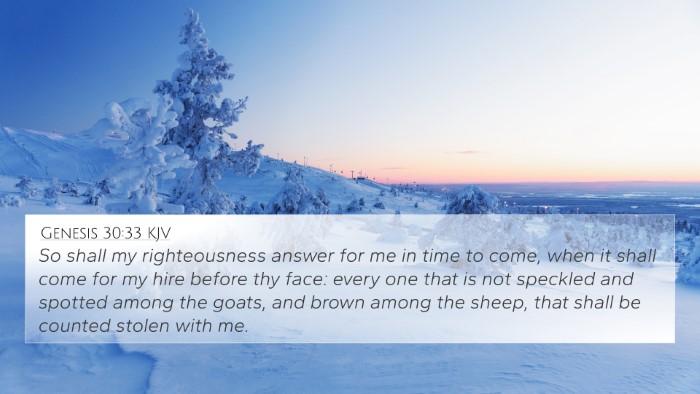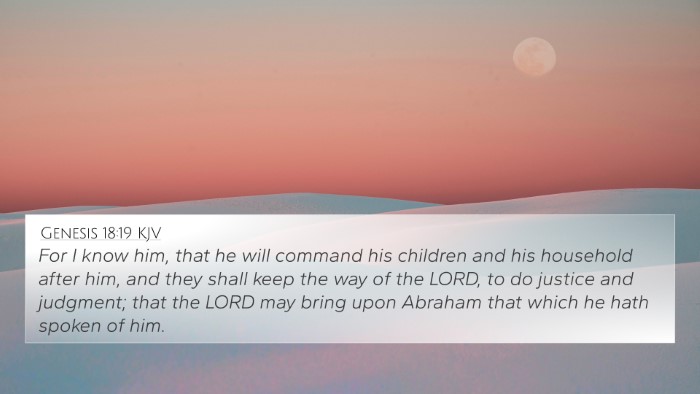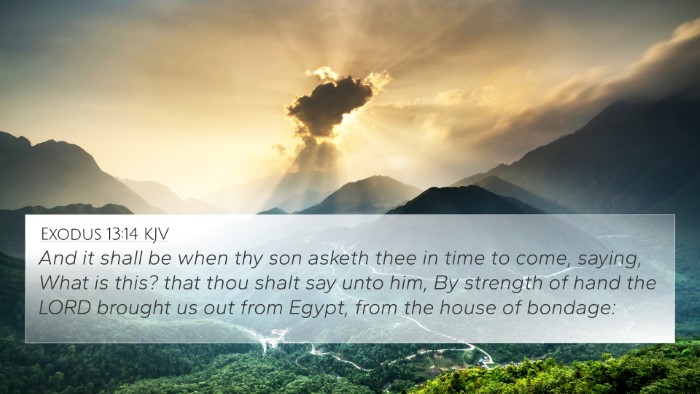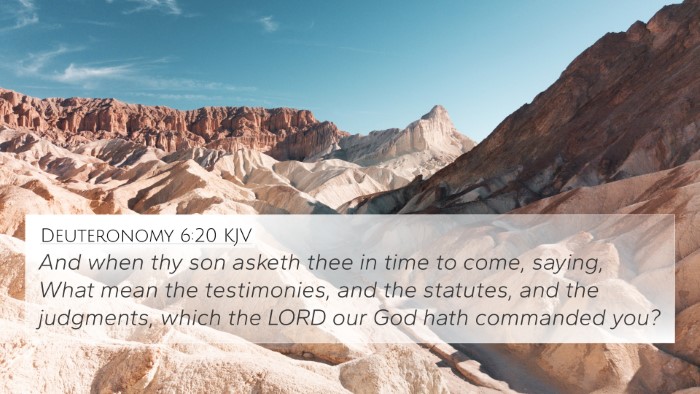Understanding Joshua 22:24
Joshua 22:24 states, "But we said, ‘What if they say to us in time to come, You have no part in the Lord’? And so the reason we said this was to make sure of your heritage and relationship with God."
This verse reflects the concern of the eastern tribes of Israel regarding their separation from the rest of the Israelite community and their worship. It expresses a deep understanding of shared heritage and the importance of maintaining a connection with God.
Summary of Key Insights
- Contextual Background: The Israelites were divided into two main sections, with some tribes settling east of the Jordan River. The western tribes feared that the eastern tribes would be disconnected from the religious practices and the community in Israel.
- Spiritual Heritage: The verse emphasizes the importance of maintaining a shared spiritual heritage, which is central to the identity of God’s people.
- Communal Relationships: The dialogue underscores the significance of communication and reassurance among the tribes, reflecting the broader need for unity in worship and practice.
Cross-References and Connections
Analyzing Joshua 22:24 reveals multiple Bible cross-references that enhance the understanding of its themes. Here are some related verses:
- Joshua 22:25: Explains the concerns regarding the inheritance and the potential future division among the tribes.
- Deuteronomy 12:5: Details the importance of the central sanctuary of God, reflecting the unity required in worship.
- Numbers 15:30: Discusses the consequences of sinning with a high hand against God, emphasizing the need for community accountability.
- Hebrews 10:24-25: Encourages believers to consider how they can spur one another toward love and good deeds, recalling the communal aspect of faith.
- Psalm 133:1: "Behold, how good and pleasant it is when brothers dwell in unity!" highlights the blessings of unity among God's people.
- 1 Peter 2:9: Identifies the believers as a "chosen race, a royal priesthood," emphasizing communal identity in Christ.
- Galatians 3:28: Expresses the oneness of believers in Christ, transcending ethnic and cultural boundaries similar to those indicated in Joshua.
Inter-Biblical Dialogue
The themes in this verse lead to a deeper understanding through an inter-biblical dialogue, connecting the Old Testament context to New Testament teachings. The unity of the church is akin to the unity intended among the tribes of Israel.
Tools for Bible Cross-Referencing
For those exploring Bible verse connections and cross-referencing methods, the following tools and practices are beneficial:
- Bible Concordance: A comprehensive index of words found in the Bible that helps in locating specific verses related to themes.
- Bible Cross-Reference Guide: A resource for finding interrelated scriptures, enriching the study experience.
- Cross-Reference Bible Study: Methodologies to explore the connections and similarities between verses.
- Bible Chain References: A systematic approach to tracing thematic links through various passages.
Comparative Bible Verse Analysis
Studying Joshua 22:24 encourages a comparative analysis with other scriptures that address the themes of community, identity, and heritage. This can involve:
- Identifying connections between Old and New Testament: Exploring how themes of unity and communion are depicted across Testaments.
- Cross-referencing Psalms with New Testament teachings: Drawing parallels between Old Testament worship and New Testament community practices.
Conclusion
Joshua 22:24 is not only a reminder of the significance of belonging and heritage within God's people but also emphasizes the broader biblical message concerning the need for unity and communication among believers. The cross-references provide a wealth of insight into the spiritual truths that are relevant for both historical and contemporary readers seeking to understand God's relational dynamics with His people.

